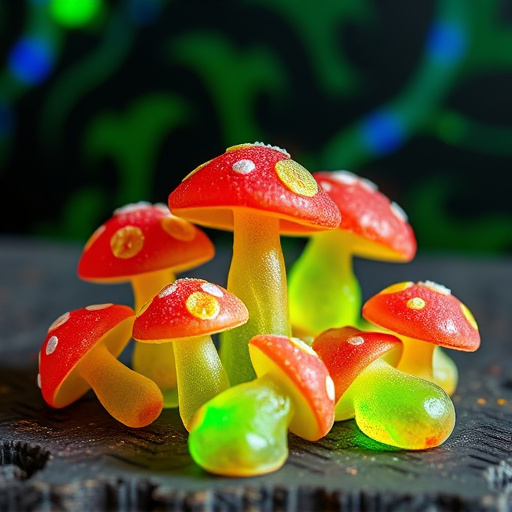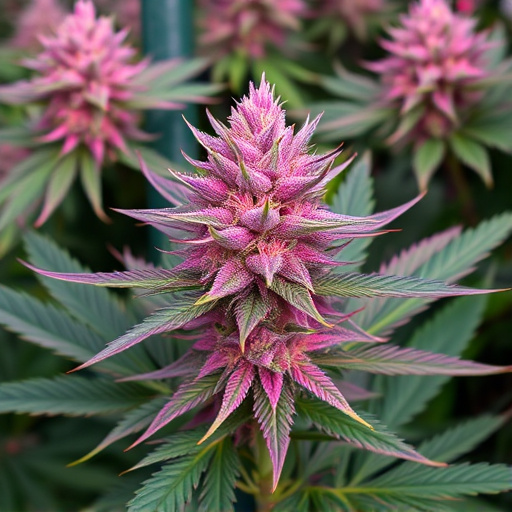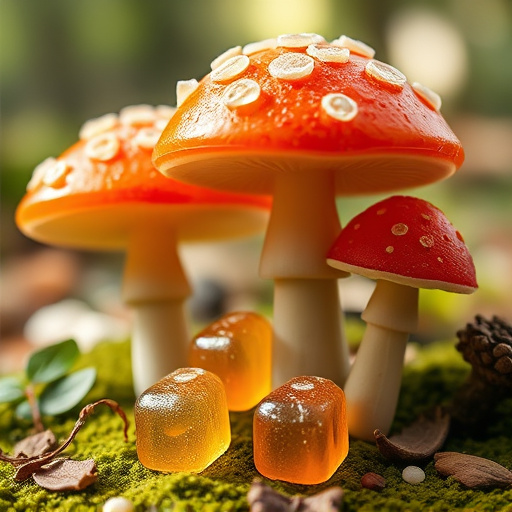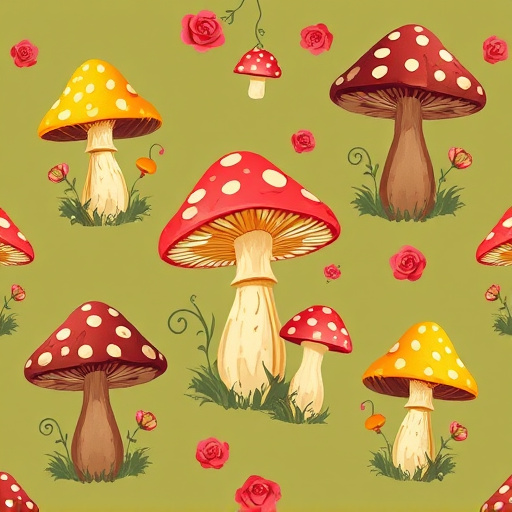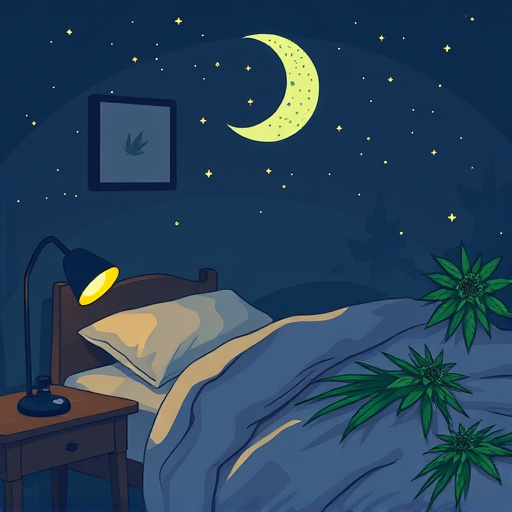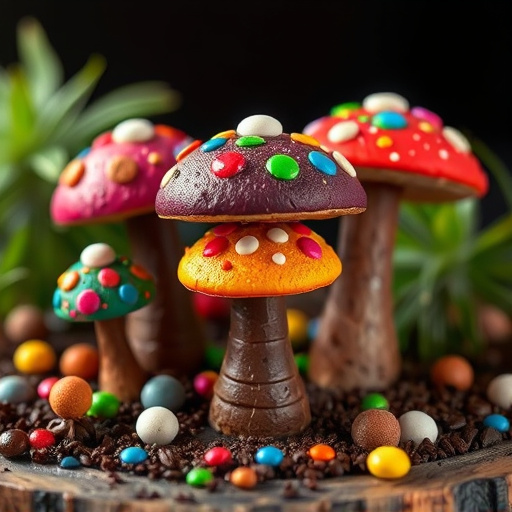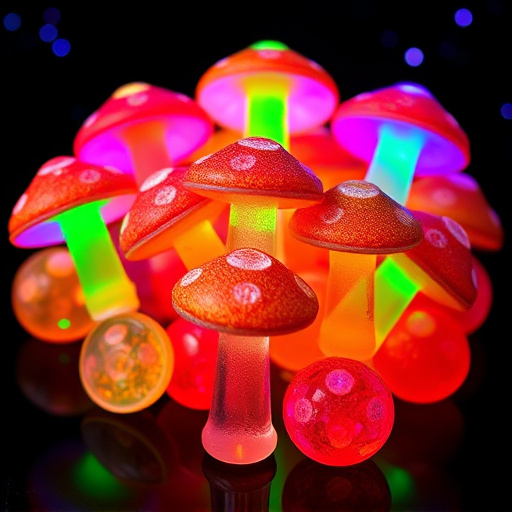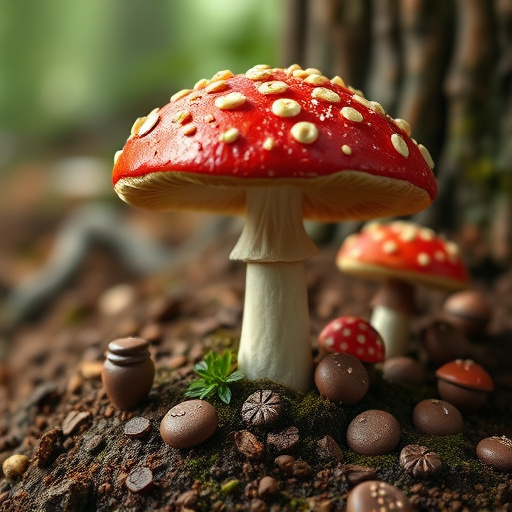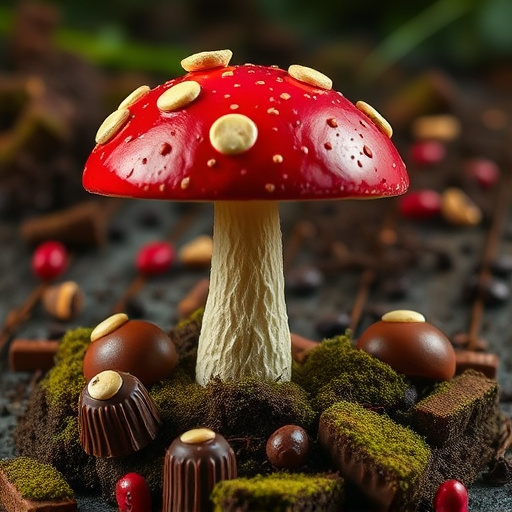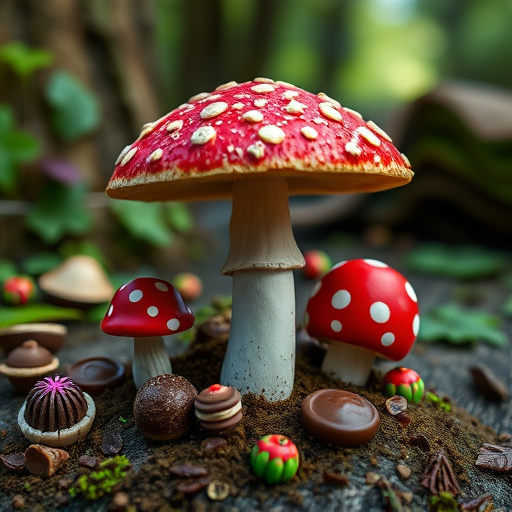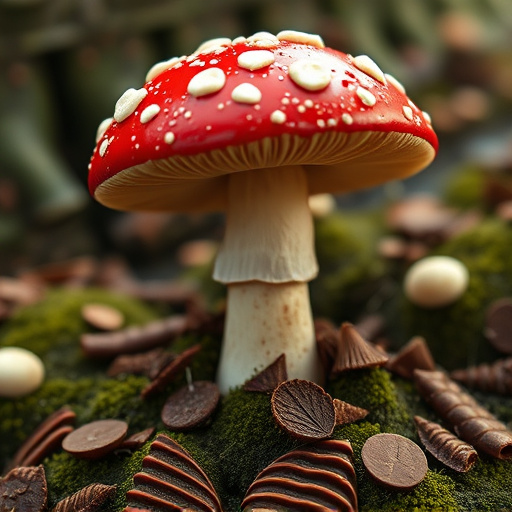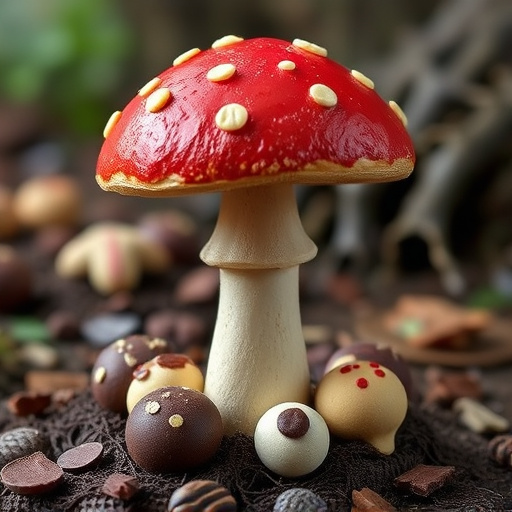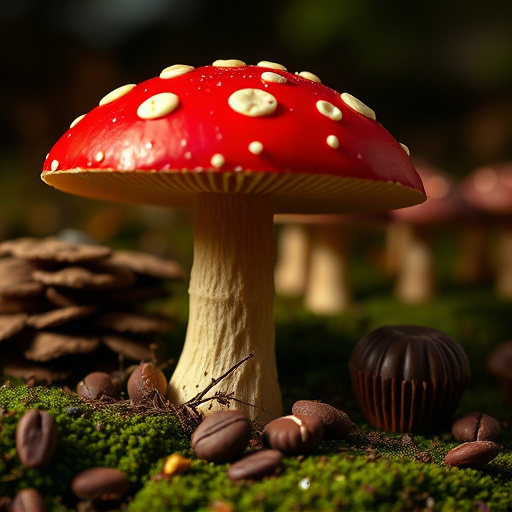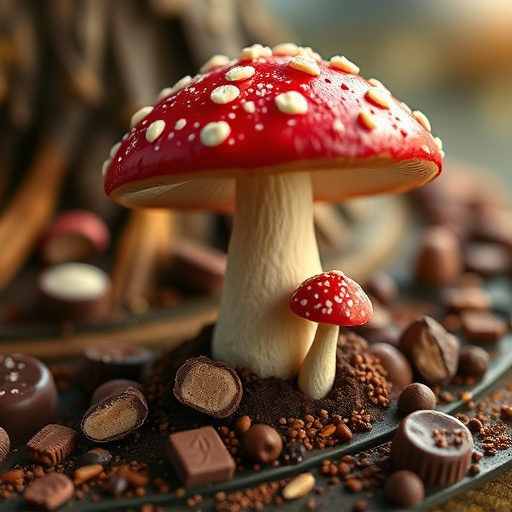Magic Mushroom Chocolates combine indulgent chocolate with psilocybin from psychedelic mushrooms, aiming to boost mood, creativity, and sensory perception via interaction with dopamine receptors. This novel approach leverages the science behind neurotransmitters, offering potential therapeutic benefits but also carrying risks like anxiety or hallucinations, especially for those with mental health histories. Always consume under professional guidance.
Discover the captivating world of Magic Mushroom Chocolates—a unique blend of indulgent treats and psychedelics. This emerging trend is turning heads, but what exactly are the effects on our brain chemistry? In this article, we explore the science behind dopamine levels and how these chocolates interact with our brains. From potential benefits to side effects, uncover the fascinating impact of Magic Mushroom Chocolates and dopamine levels in a comprehensive guide that delves into this intriguing topic.
- Understanding Magic Mushroom Chocolates: A Unique Blend of Treats and Psychedelics
- The Science Behind Dopamine: How Mushrooms Can Impact Your Brain Chemistry
- Potential Benefits and Side Effects: Exploring the Effects on Dopamine Levels
Understanding Magic Mushroom Chocolates: A Unique Blend of Treats and Psychedelics
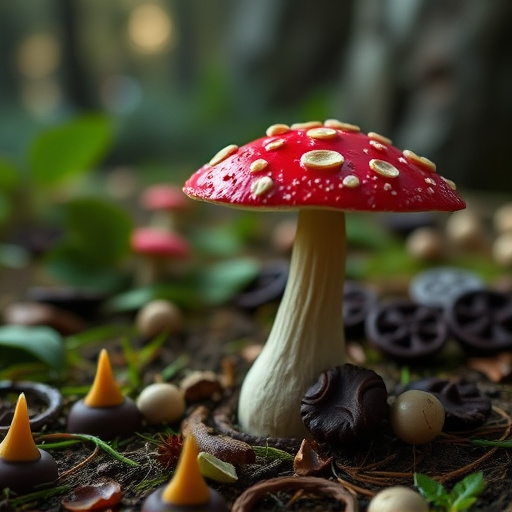
Magic Mushroom Chocolates represent a unique fusion of culinary delight and psychedelic experiences. These chocolates are crafted by infusing gourmet chocolate with compounds found in psilocybin mushrooms, offering more than just a taste sensation. The blend aims to deliver a subtle yet profound effect, enhancing mood, creativity, and sensory perception. By combining the indulgent nature of chocolate with the psychological properties of magic mushrooms, these treats provide an alternative way to explore consciousness and well-being.
The impact on dopamine levels is a key aspect that draws interest in Magic Mushroom Chocolates. Dopamine, often referred to as the ‘feel-good’ neurotransmitter, plays a significant role in pleasure, motivation, and reward. Certain compounds present in psilocybin mushrooms are known to interact with dopamine receptors in the brain, leading to potential increases in dopamine activity. This interaction could contribute to the elevated mood and euphoria sometimes associated with psychedelic experiences. However, it’s important to note that the effects can vary greatly among individuals, influenced by factors like dosage, tolerance, and personal expectations.
The Science Behind Dopamine: How Mushrooms Can Impact Your Brain Chemistry
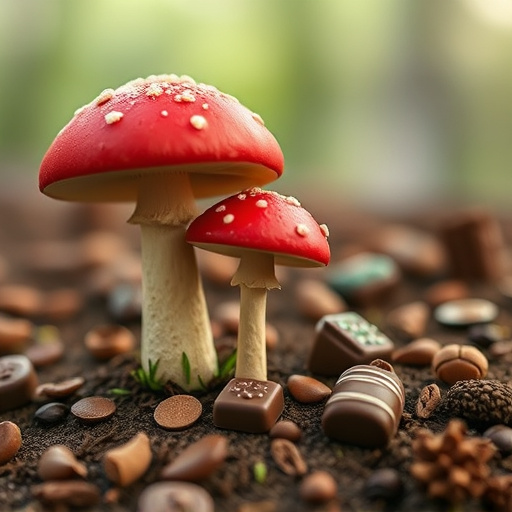
The human brain’s chemistry is a complex network, heavily influenced by neurotransmitters like dopamine—a key player in regulating mood, motivation, and reward. Magic mushroom chocolates, or those infused with psilocybin, a compound found in certain mushrooms, have gained attention for their potential to impact this very system.
When consumed, psilocybin is metabolized into psilocin, which acts on serotonin receptors in the brain, including those that modulate dopamine release. This interaction can lead to heightened dopamine levels, resulting in the various effects often associated with magic mushroom use, such as altered perception and increased sensitivity to sensory stimuli. While research into the therapeutic potential of these substances is ongoing, understanding the science behind how they interact with neurotransmitters like dopamine offers insights into their effects on brain chemistry.
Potential Benefits and Side Effects: Exploring the Effects on Dopamine Levels
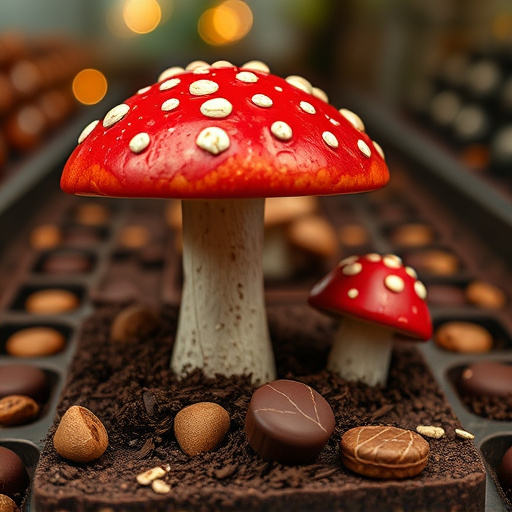
Magic mushroom chocolates, a unique blend of psilocybin mushrooms infused into delectable treats, have gained attention for their potential therapeutic effects. Beyond the well-documented psychological and emotional impacts, there’s growing interest in their physiological benefits, particularly regarding dopamine levels. Dopamine is a neurotransmitter often associated with pleasure, reward, motivation, and cognitive function.
Research suggests that psilocybin, the active compound found in magic mushrooms, can significantly increase dopamine activity in the brain. This boost may lead to enhanced mood, increased creativity, and improved cognitive flexibility. However, it’s not without potential drawbacks. As with any substance that alters brain chemistry, magic mushroom chocolates can cause side effects such as anxiety, paranoia, or, in rare cases, intense hallucinations. Individual reactions vary widely, depending on factors like dosage, setting, and personal mental health history. Therefore, it’s crucial to approach these treats with caution and under professional guidance, especially for those with pre-existing mental health conditions.
Magic mushroom chocolates, with their unique blend of treats and psychedelics, offer a novel way to experience elevated dopamine levels. By understanding the science behind dopamine and its interaction with specific mushrooms, consumers can navigate potential benefits and side effects, making informed decisions about this emerging trend. While research continues to unfold, the impact on brain chemistry suggests promising applications for mental health and well-being. However, as with any substance, caution and responsible consumption are paramount.
